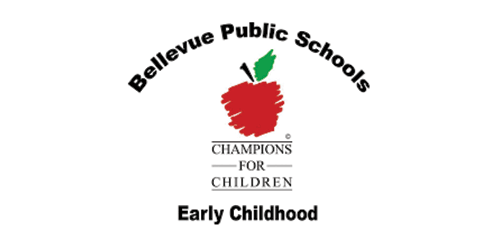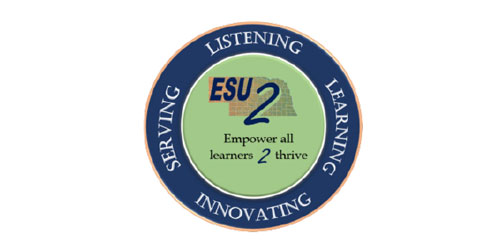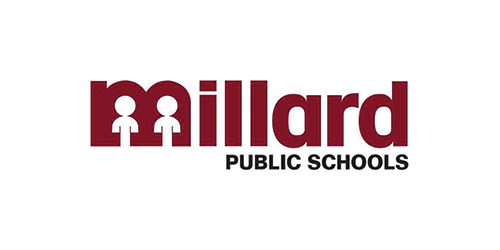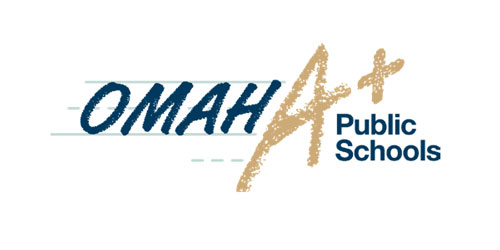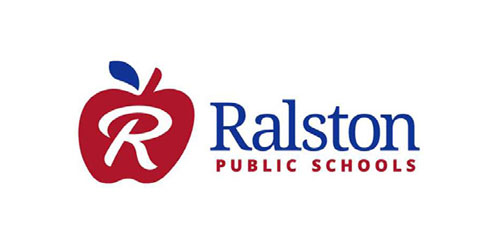Connect with an Enrollment Specialist | Program Outcomes | Curriculum | Our Partners | Admissions, Cost & Aid
English as a Second Language Endorsement
This program may be completed as a standalone endorsement or through the Master of Education in Leadership, Teaching, and Learning program.
Throughout the 12-month program, Midland students pursuing an ESL endorsement will gain strategies and techniques for working with diverse student populations in a range of settings for immediate application.
This endorsement is completed at the graduate level, provided the student holds a teaching certificate. Individuals with this endorsement may teach English as a Second Language (ESL) in the grade levels that they are prepared. This can be a PK-12, PK-6, or 7-12 endorsement.
Why Earn Your ESL Endorsement?
With an increase in the English language learner (ELL) population throughout the Midwest, many schools are choosing ESL endorsed teachers. With this endorsement, a teacher can advance to positions within their district like an ESL coordinator, or ESL facilitator which often comes with advanced pay and responsibilities.
Standalone English as a Second Language Endorsement
15
Credit
Hours + 45 Field Hours*
1
Year
(Average)
Next Start Date:
June 3, 2024
Application Deadline:
May 15, 2024
MEd Program + English as a Second Language Endorsement
36-39
Credit
Hours**
2
Years
(Average)
Next Start Date:
June 3, 2024
Application Deadline:
May 15, 2024
Class Type: 100% Online, 8-week courses | Transfer Credits: Transfer up to 40% of the degree total
*This program is 36 credit hours if paired with an MEd
**Number of credit hours depends on the Area of Emphasis
Connect with an Enrollment Specialist

Meghan Christensen
Enrollment Specialist
Email Address: christensenm@midlandu.edu
Phone Number: 402-941-6079
Program Outcomes
The Midland ESL Endorsement will help you become an educator that promotes the success and well-being of every ELLs by:
- Knowing, understanding, and using the major theories and research related to the structure and acquisition of language to help English Language Learners (ELLs) develop language and literacy and achieve in the content areas.
- Knowing, understanding, and using major concepts, principles, theories, and research related to the nature and role of culture and cultural groups to construct supportive learning environments for ELLs.
- Knowing, understanding, and using evidence-based practices and strategies related to planning, implementing, and managing standards-based ESL and content instruction.
- Demonstrating an understanding of issues and concepts of assessment and use standards-based procedures with ELLs.
- Utilizing research and policy and understanding current issues to improve curriculum, instruction, and assessment of the ELL.
- Working collaboratively with school staff and the community to improve the learning environment, provide support, and advocate for ELLs and their families.
Curriculum & Learning Environment
Designed around a teacher’s demanding schedule, the ESL endorsement program can be completed 100% online with asynchronous coursework throughout. With the help of this program, students can immediately apply what they are learning to their profession each day because of our flexible online class structure.
Throughout the 12-month, program, students will complete five courses (15 credits) and 45+ field hours*. Classes start in the summer each year. Our program modules run from Monday through Sunday, with the bulk of assignments due on Sunday to allow teachers to plan around their demanding work schedules.
Coursework
View the academic catalog for a complete list of courses for the ESL Endorsement.
View the Academic CatalogExperienced Faculty
With multiple years of combined K-12 teaching and leadership experience, our ESL faculty challenge student thinking and allow students to share authentic experiences to enrich learning.
Meet Our FacultyPracticum Experience
During the practicum experience, candidates will have the opportunity to complete field hours in an ESL setting. In this course, candidates will select a variety of assignments related to their practicum experience.
The grade levels for the practicum must correspond with the endorsement being sought.
Please note: Endorsements offered at the graduate level are based on the Rule 24 Standards for the State of Nebraska. Nebraska endorsements may or may not be eligible to be added to out-of-state teaching certificates. Teachers seeking to add an endorsement to their out-of-state teaching certificate must consult with their state’s Department of Education to confirm endorsement and certification requirements in their state.
Already taken some ESL courses?
Midland allows students to transfer previous graduate-level ESL coursework into this program. Connect with an enrollment specialist to discuss any previous coursework completed to see if it may transfer.
English as a Second Language Endorsement Partners
The Walker School of Education is proud to partner with area schools to promote an English as a Second Language endorsement for teachers and paraprofessionals that will improve student achievement.
If you are a teacher at one of the schools listed below, please reach out to the contact at your school before completing an application.
- Bellevue Public Schools – Sue Fjelstad, susan.fjelstad@bpsne.net
- Millard Public Schools – Kara Hutton, khutton@mpsomaha.org
- Omaha Public Schools – Jaimie Cogua, Jaimie.Cogua@ops.org
- Ralston Public Schools- Stacy Athow, Stacy_Athow@Ralstonschools.org
Interested in becoming a partner? Visit the Graduate & Online Partnerships page to learn more.
Admissions
To apply to our ESL program, students begin the process by filling out our online application and creating an account on our admissions portal.
Please, note: If you are seeking just an endorsement, please fill out a non-degree seeking application. If you are a Master of Education in Leadership, Teaching, and Learning applicant, please complete the graduate application.
For more admissions information, visit our admissions page.
Learn More About AdmissionsCost & Aid
We understand that the decision to earn a graduate-level endorsement represents a serious investment of time and money. The program offers an invaluable experience for practicing educators, and it is an investment that will provide significant returns for the rest of your teaching career. That said, there are plenty of ways to fund your higher education!
Not sure if you can afford to get your endorsement, right now? See what Midland University has to offer! You may qualify for one of our educational scholarships, sponsorships, or grants.
Learn More About Cost & Aid

